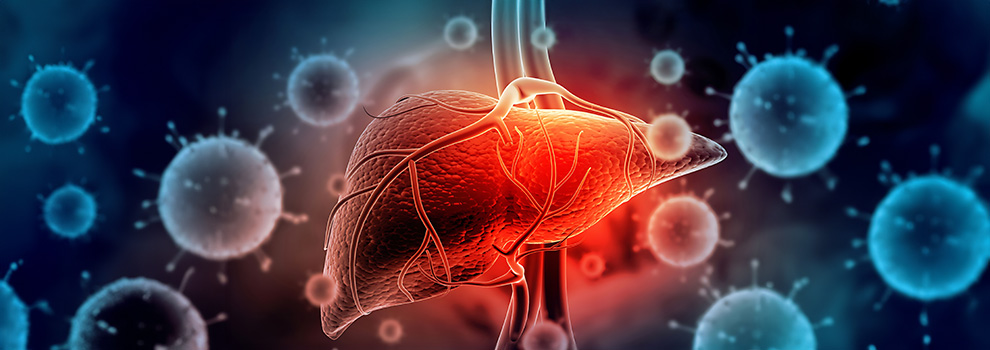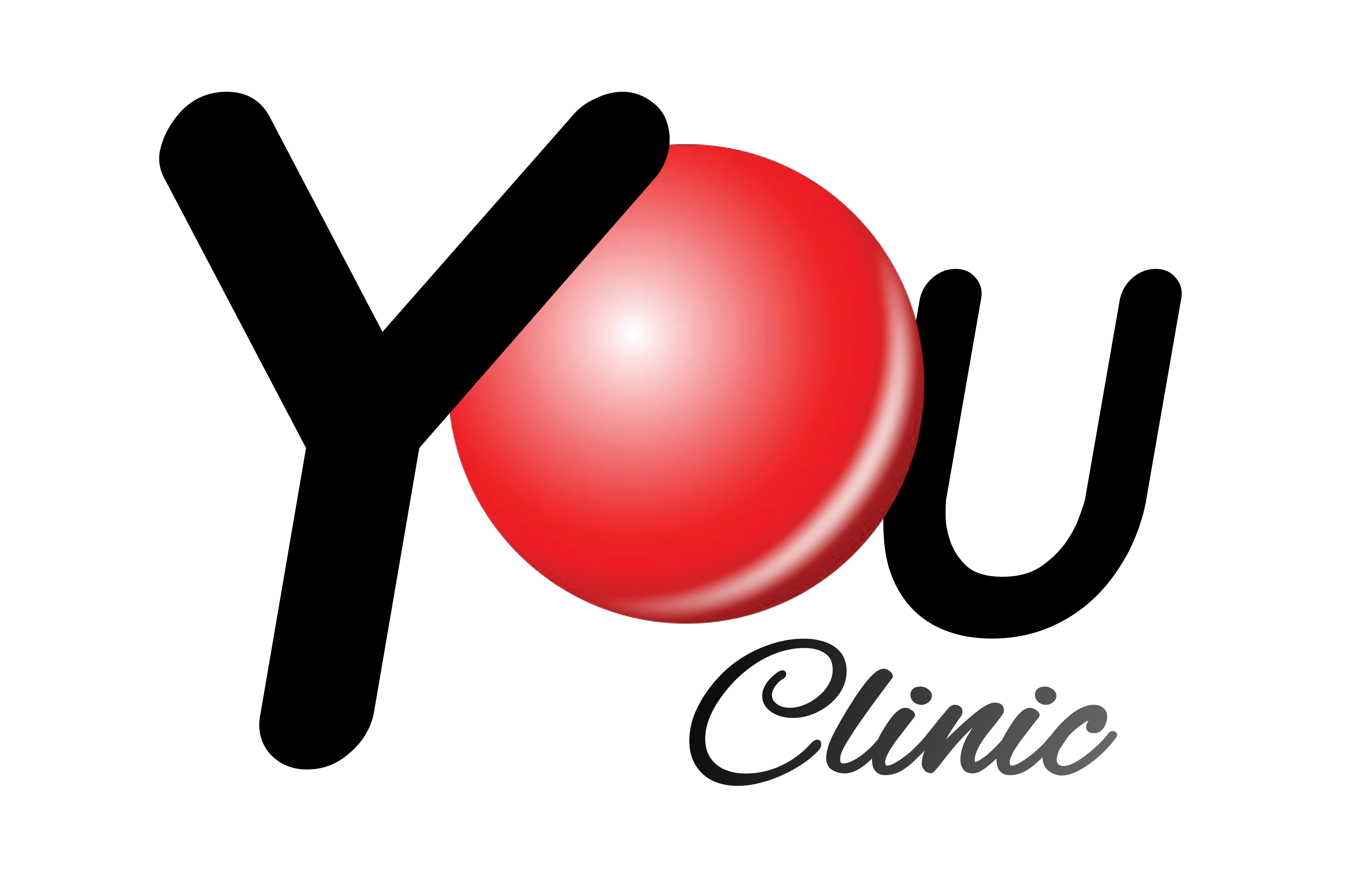Cirrhosis

Cirrhosis-Hepatic Encephalopathy (Hepatic Dysfunction) in Turkey
What is Hepatic Encephalopathy & How is it Treated with Stem Cell?
Hepatic encephalopathy is an intricate neuropsychiatric disease in patients with severe hepatic dysfunction. Acute liver failure, massive portosystemic shunts, and cirrhosis are examples of severe liver dysfunction. Hepatic encephalopathy is caused by poor liver function and/or perfusion, which leads to the accumulation of putative intestinal neuroactive toxins.
The clinical diagnosis of hepatic encephalopathy is based on the determination of unequivocal liver malfunction, excluding other causes and the severity of hepatic encephalopathy. Hepatic encephalopathy demands a multidisciplinary approach in four areas:
● Supportive measures for the patient with a change in mental status,
● Ruling out other causes of encephalopathy,
● Identification and therapy of facilitating factors,
● Administration of empirical therapy.
Hepatic encephalopathy can be studied in three groups depending on the underlying mechanism:
Acute Liver Failure Associated Hepatic Encephalopathy; ALFA-HE: It is rarely encountered with a sudden worsening of chronic liver disease, although it commonly occurs in acute liver failure. It denotes hepatic encephalopathy caused by hepatocellular insufficiency in the absence of a portosystemic shunt.
Encephalopathy caused by a sizable portosystemic shunt in the absence of liver disease: Hepatic encephalopathy exists without apparent liver disease. Encephalopathy is frequently unclear in such cases. Typically, liver biopsy results are expected or have very modest histological abnormalities.
Encephalopathy in individuals with chronic liver disease or cirrhosis: They frequently have cirrhosis, which means they have chronic liver malfunction and well-developed portosystemic collateral circulation. This is the most common type of group. Hepatic insufficiency and circulatory 'bypass' of the liver are two disorders that cause hepatic encephalopathy in persons with chronic liver disease.
Stem Cell Therapy Method
Because stem cells have the ability to transform into liver cells when they come into contact with damaged liver cells, they are employed to treat liver illnesses. In this approach, they may be able to halt the growth of the disease, stop it completely, or cause it to regress. The success rate of the therapy is proportional to the patient's age, disease duration, and condition. If the disease has advanced significantly, therapy may be required more than once. However, because of blood clotting issues in the later stages of cirrhosis, it may be impossible to do liposuction and other methods while collecting stem cells from a patient. As a result, in the case of liver failure, stem cells should be delivered as early as possible in the disease, and some of them should be stored. In the procedure, stem cells are injected directly into the patient's blood vessels leading to the liver using ultrasound guidance.
The amount of cells to be supplied is decided by the patient's age and weight. Mesenchymal stem cells (produced from the patient's adipose tissue or bone marrow) or fetal stem cells are used in therapy. The therapy of the patient is determined by the patient's condition. It can be done in three 45-day increments or three consecutive days. They can be given intravenously (through vascular access), and a small dose is injected into an artery leading to the liver. Fat removal is impossible in individuals with severe cirrhosis. Hence, fetal stem cells are often selected. The therapy plan is totally tailored to the patient's condition, and each patient may receive a unique therapy plan.
Success Rate in Therapy
Over 95% success rate is reached in the case of cirrhosis start and early identification of hepatic failure, and this rate lowers to 20% as the disease advances.
- Alzheimer
- Cirrhosis
- ALS
- Autism
- Dementia
- Cerebral Palsy
- Impotence
- Infertility
- Heart Diseases
- Oligospermia
- LUPUS (SLE) Therapy
- LYME
- MS (Multiple Sclerosis)
- Muscular Dystrophy
- Parkinson’s Disease
- Rejuvenation
- Skin Rejuvenation
- Stroke – Brain Paralysis
- Autoimmune Diseases
- Ulcerative Colitis
- TINNITUS
- Type 2 Diabetes

